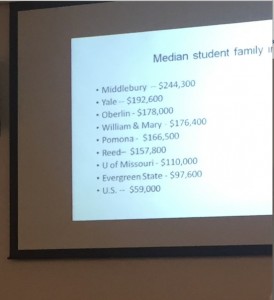
The Work of Feelings in Public Schools
Public schools that design curriculum to focus on belonging and social emotional skills are training students for low-wage jobs—and non-ironically calling this training equity and inclusion. Valorizing equity in this way—at the level of feelings—doesn’t only mean pushing aside teaching novels and covering anti-racist art if it makes students feel bad. It also means cultivating a principled indifference to the real wages of the working poor, including those who work for public schools.





